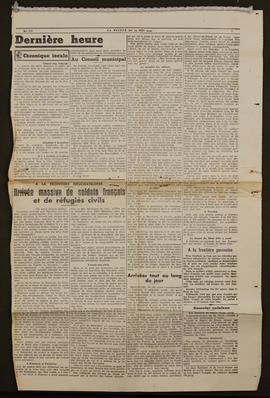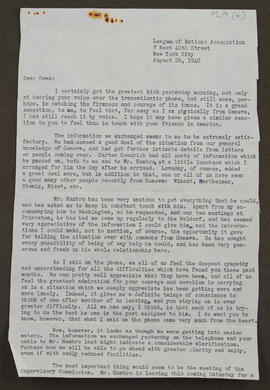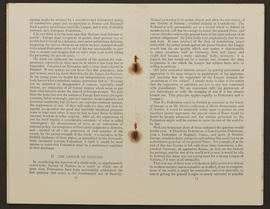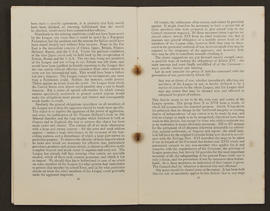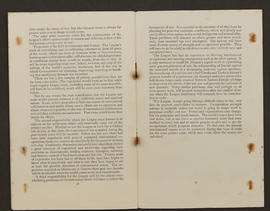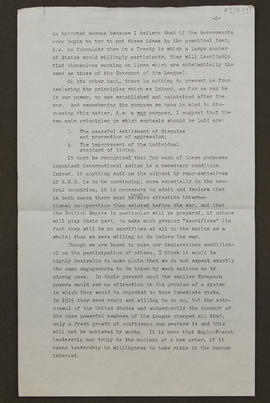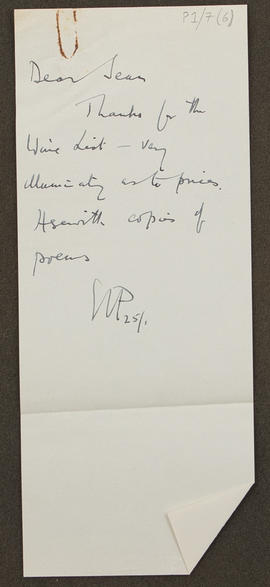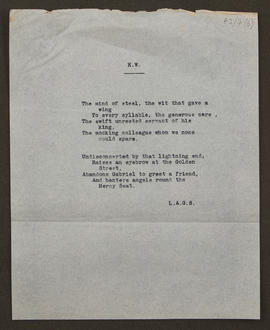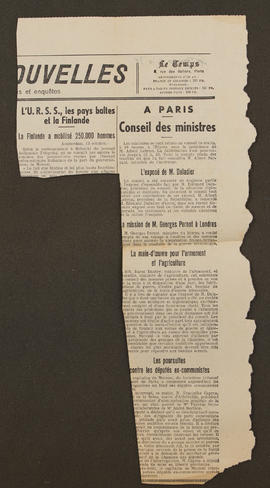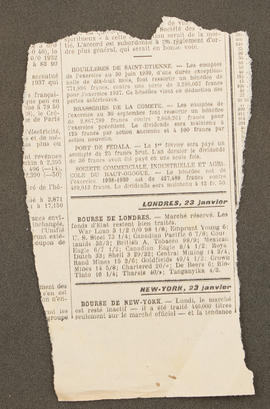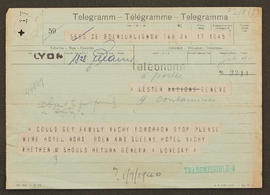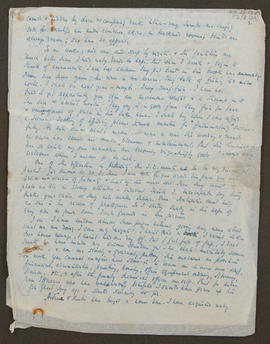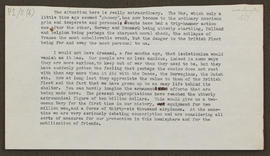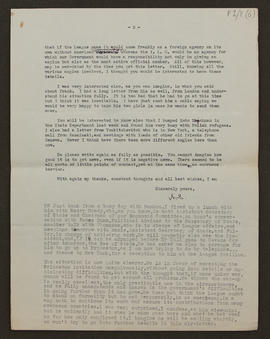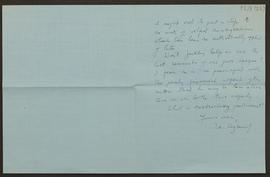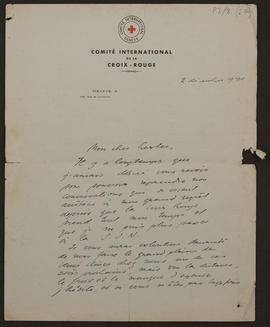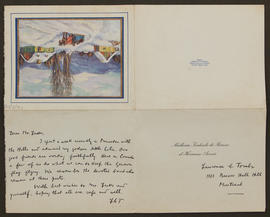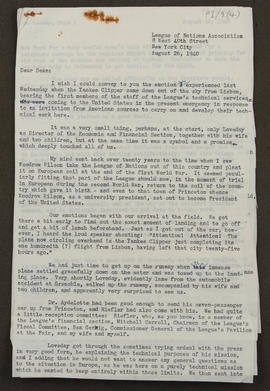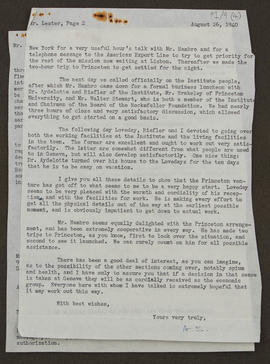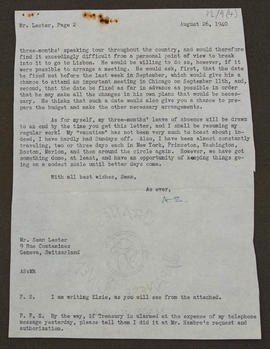- IE DCUA C1
- Collection
- 1935-2003
The collection mainly consists of eleven diaries written by Seán Lester from 1935- 1942 when he was High Commissioner of the League of Nations in Danzig [Gdansk, Poland], then Deputy and subsequently General Secretary of the League of Nations in Geneva, Switzerland. Lester's diary entries and the numerous letters, telegrams and other documents included in the diaries give an invaluable insight into his work in the League of Nations, the momentous historical events that were taking place, and his personal thoughts and struggles during this period. The first diary opens with the following entry by Lester written in October 1935: 'So I've opened a diary at last, the odds are against a dozen entries.' In fact, Lester would go on to write hundreds of entries over the next few years, recording the background workings of the League 5 of Nations with accounts of meetings, public events, conversations with political leaders and diplomats, transcripts of telephone calls, copies of letters he sent, and many of the letters he received and pasted into the pages of the diaries. They provide an invaluable insight into some of the most significant historical events during this period, including the rise of the Nazis in Danzig, the increasing persecution of Jews, the failed attempts to appease Hitler in the run-up to war, and the eventual outbreak of the Second World War.
They also chart Lester's career in the League of Nations as it developed in tandem with these events: the increasing pressure and intimidation he faced as High Commissioner in Danzig from the Nazis as they undermined the authority of the League, his promotion in late 1936 to Deputy Secretary General in Geneva (essentially as a form of appeasement to the Nazis), and his assuming the role of Acting Secretary General of the League after Joseph Avenol left Geneva for Vichy France in 1940. The diaries also show his courage and determination to keep the League (albeit, only its basic functions) running throughout the course of the Second World War.
Details of Lester's personal life and struggles during this period are also recorded, particularly the torment and loneliness he felt being separated from his wife Elsie and three daughters Dorothy Mary, Ann and Patricia following their evacuation from Geneva to Ireland in 1940. Ireland is never far from his thoughts during the period, and the diaries feature numerous correspondence with Irish friends, accounts of brief trips home for Christmas and family holidays to Connemara in the years up to 1940, and reflections on Irish current affairs and political figures. One of the most notable entries in the diaries is Lester's extensive account of his meeting with James Joyce and his family in Geneva in December 1940. The Joyce family had fled their home in Paris the previous May and sought Lester's help in obtaining a visa for their daughter Lucia; the Nazis had refused to issue her with a visa and she remained in a mental health clinic in German-occupied France. A related letter from Joyce to Lester prior to this meeting is also included in the diaries, as is correspondence between Lester and members of the Joyce family and friends following the death of James Joyce in Zurich less than a month later.
The collection also includes a metal case in which Lester – fearing that the Nazis could invade Switzerland at any moment – placed his diaries before burying them next to a bench in the Palais des Nations, the headquarters of the League of Nations in Geneva. This may account for why the diary entries stop in 1942. Also included in the collection is an address book kept by Lester during the period of the diaries, and a television documentary about Lester written and presented by John Bowman which includes a segment on the diaries.
Lester, Seán

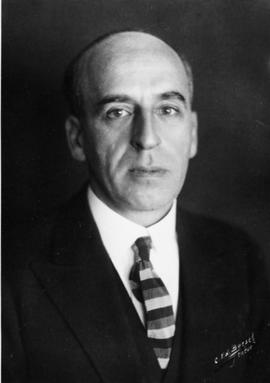
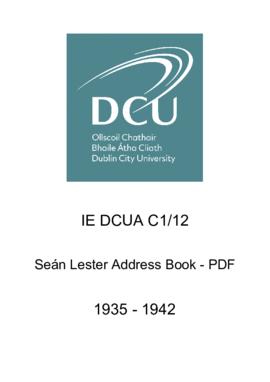
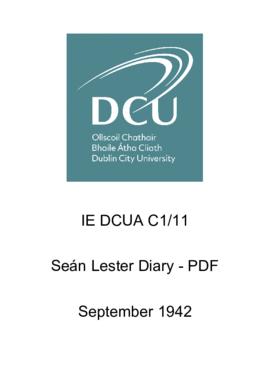
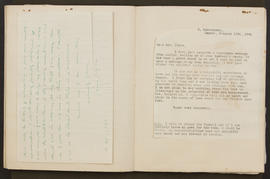
![Letter from [?René Massigli], Consulate General of France in Geneva, Switzerland to Seán Lester, ...](/uploads/r/dublin-city-university-archives/2/1/b/21b1d1a17f4134095cb5140275cfc7d056f00d2eb3e65dfb69c3e9407851fc71/c1_9_1_3_0003_142.jpg)
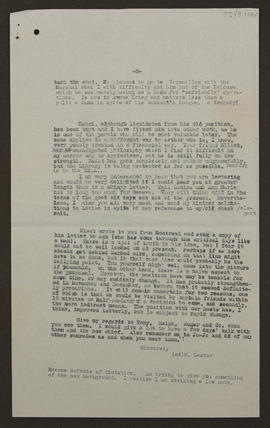
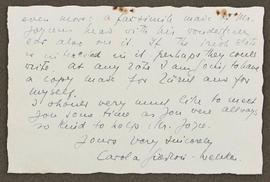
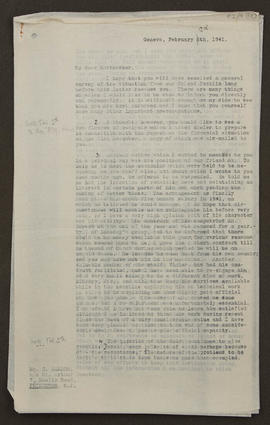
![Letter from [?René Massigli], Consulate General of France in Geneva, Switzerland to Seán Lester, ...](/uploads/r/dublin-city-university-archives/8/f/3/8f378889251c74e9a8c64550ecbc33ea7b888b0e936aa97e5d21a2c80621e4fc/c1_9_1_3_0001_142.jpg)
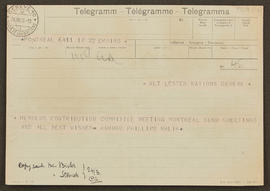
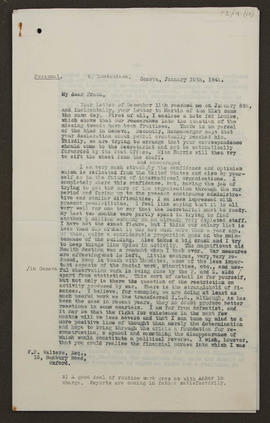
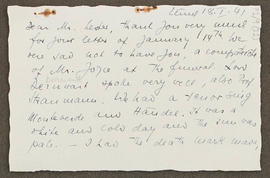
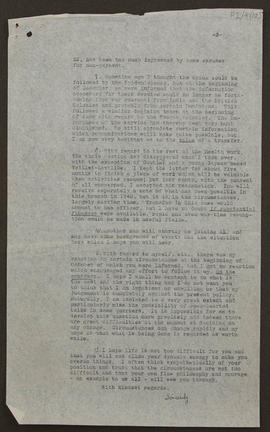
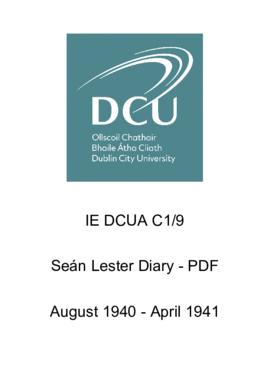
![Letter from [?René Massigli], Consulate General of France in Geneva, Switzerland to Seán Lester, ...](/uploads/r/dublin-city-university-archives/6/f/2/6f28099bfb32ce27e2c8402c773ba06f6dc2bd54dc72e929b0b28a655d411a95/c1_9_1_3_0002_142.jpg)
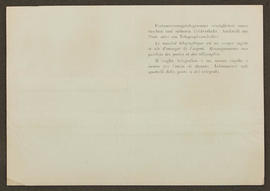
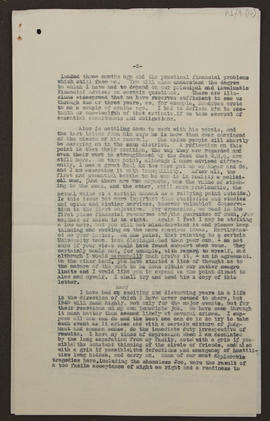
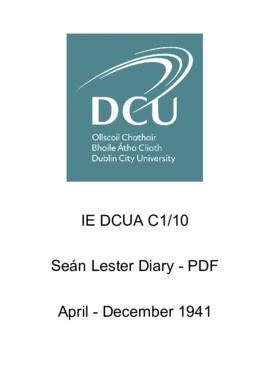
![Letter from [?René Massigli], Consulate General of France in Geneva, Switzerland to Seán Lester, ...](/uploads/r/dublin-city-university-archives/8/d/e/8de968da10a94e773bc0a84668a1ede9b99a515147e41a5dd1f8bc33b4d1ba6b/c1_9_1_3_0004_142.jpg)
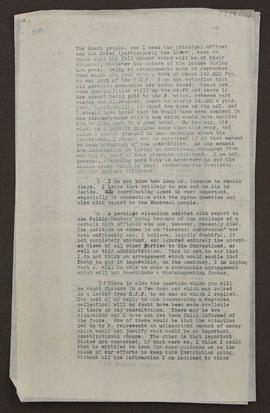
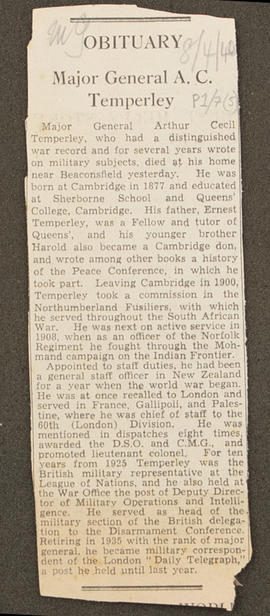
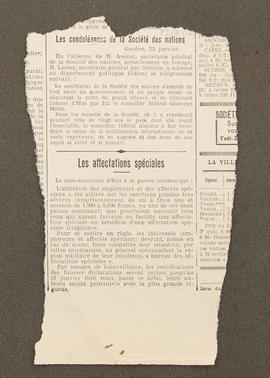
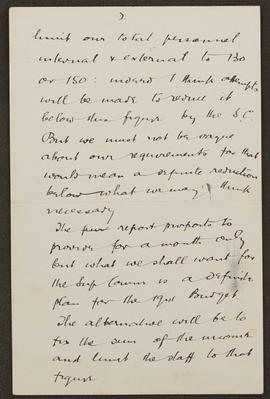
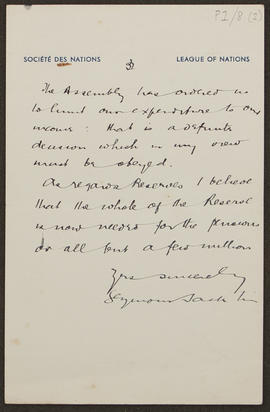
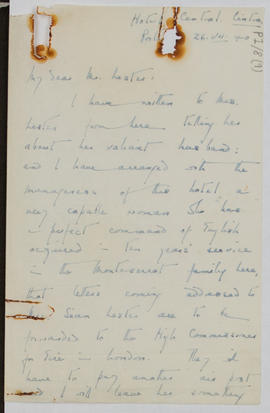
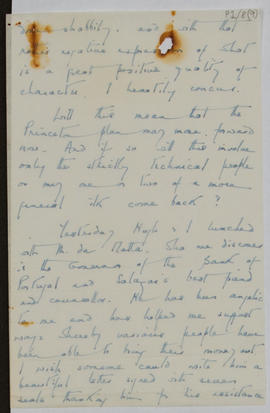
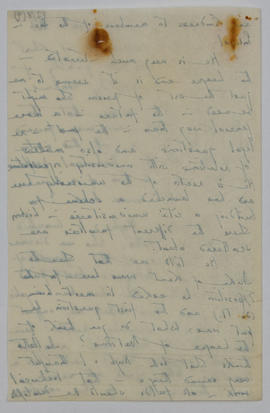
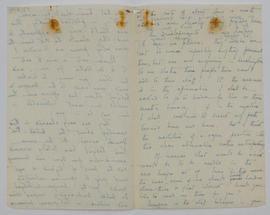
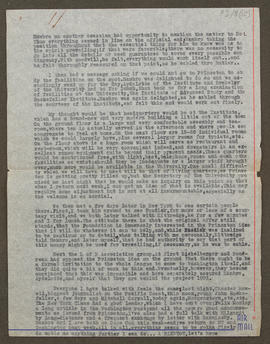
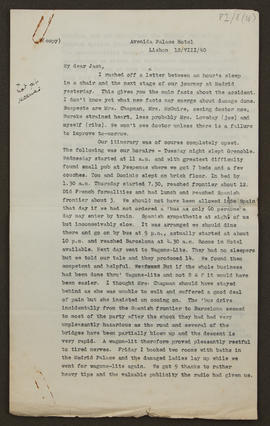
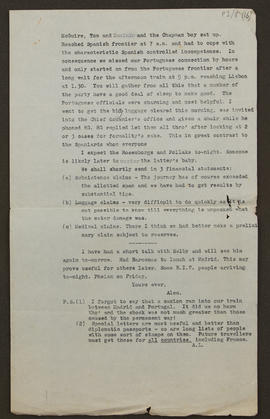
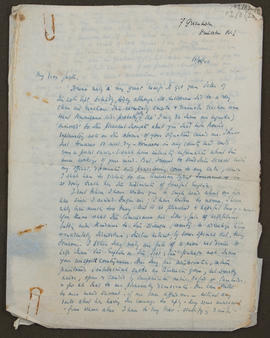
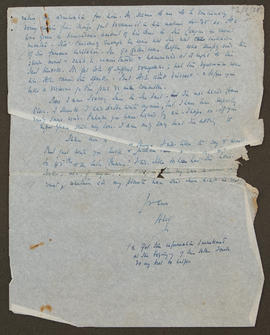
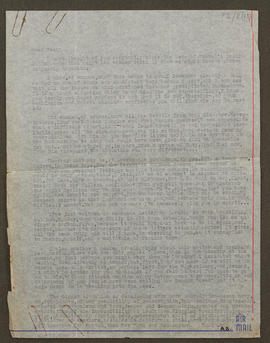
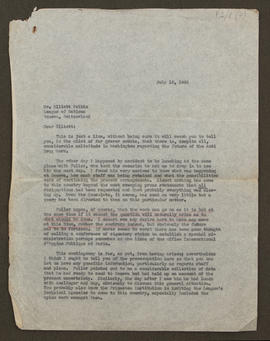
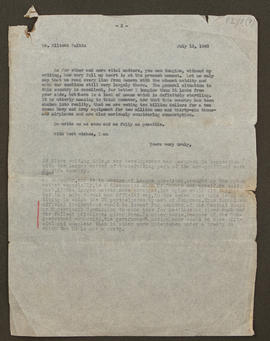
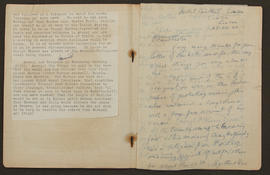
![Telegram from [?] Wilson to Seán Lester, p0001](/uploads/r/dublin-city-university-archives/1/f/2/1f2e53ce75e590d05d3c248d9e1ebdd34d1337ac8025e1a5021cf612c186e23f/c1_8_1_8_0001_142.jpg)
![Telegram from [?] Wilson to Seán Lester, p0002](/uploads/r/dublin-city-university-archives/a/1/9/a1931000918b12d98e4c150d6565aab72b89095aa8611e404e92687ece698628/c1_8_1_8_0002_142.jpg)
